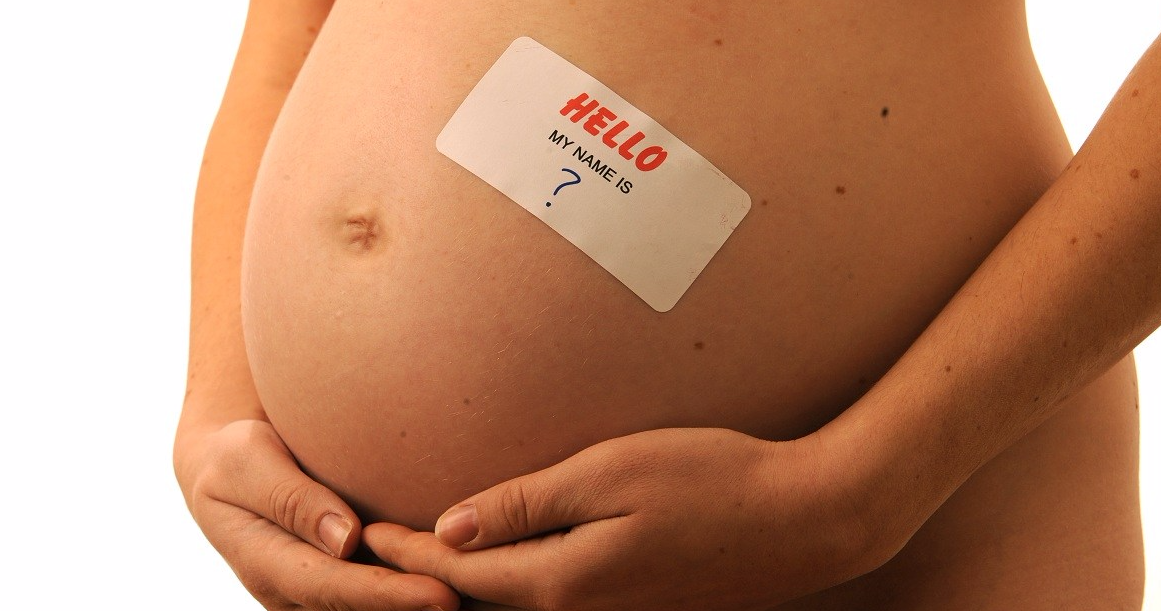Whether at home or work, an emergency can happen. In most cases, the adults are the ones expected to handle such situations. In a family setting, both the adults and the children should be able to address the emergency and handle it accordingly. Do your children know what to do in an emergency situation? How have you prepared them? Below are emergencies that could potentially happen and how you can prepare your children so they handle them in the best ways possible.
When Someone Gets Hurt and Needs Medical Attention
It is vital for your child to know the steps to take and what to do when someone gets hurt. In a year, according to the Centers for Disease Control and Prevention, the number of Americans bitten by dogs, with half of the victims being children, is nearly 4.5 million. This is a concerning number, so preparing your child to handle such a situation is essential.
Teach your child how to dial 911 and report the emergency. The knowledge shared among the family becomes crucial, especially to children in the absence of adults. Prepare your children on the questions that an emergency operator might ask them and how to answer them. With such knowledge, getting help during a medical emergency becomes more straightforward.
When You're Lost
Does your child know what to do when he or she gets lost? Have you shared with your child steps to take in such a situation? The number of reported cases of lost children has been increasing in the recent past. While most toddlers can speak, in some instances they cannot express themselves well. Teach and guide your children to know what to do in the event they get lost.
If your child were to get lost in public, the first step should be to look for an employee in a store and ask them for help. Teach your children which community members can offer support in case they get lost. Your child should know your full name, your phone number, and home address by heart. Make sure this information is memorized so an adult can contact you if your child is ever lost.
Stranger Danger
Children are always told never to trust strangers, but they are never briefed on the specific reasons. Strangers can at times offer the help needed by the child in emergency situations. However, your child must know who to approach for help and how to avoid dangerous situations, such as getting lost.
Teach your child situations that might pose a danger, especially when strangers are involved. For example, teach your child to walk away from strangers who offer them something enticing in public. Talk to your children about looking to their instincts. The more information your children get, the easier it becomes to memorize as they grow up. According to the Ohio Justice & Policy Center, in Ohio alone, 1.9 million people have criminal records, raising the stranger danger situation. When such information is shared in a gentle way among family members, it becomes more apparent to be aware of stranger danger.
Fire Protocol
Fire breakouts are among the common emergencies in a home setting. Educate your children on the fire protocol as they grow up. When you make an emergency plan, include your children and let them know why. Fire protocol is crucial and can help reunite your family in case of a fire breakout. Information on how to dial 911 and report the incident, why it is important not to panic, and the basic first aid after a fire breakout should be shared with your children.
The best way to teach your children fire protocol is by having a fire drill after coming up with a family plan that includes a meeting spot. Set off one of the smoke detectors in your home and see how everyone in your family reacts and handles the situation. As a family, you can discuss ways to improve your family's fire protocol plan.
Dangerous Weather or A Natural Disaster
Floods, earthquakes, and hurricanes are among the many natural disasters that people experience. Teach your children the types of climatic weather conditions and natural disasters that are dangerous and the steps to take. For example, as of 2019 in the U.S., the number of tornadoes reported was 1,520. Remember, it is your duty as the parent to take care of your children during such situations. For additional protection, share the correct safety measure information with your children.
Several emergencies can happen in or out of a family setting. Your children should be included in safety measures and emergency plans made. Make sure the right information is shared. This is vital, as mitigating the dangerous situations' effects becomes more manageable when your children know what to do. Finally, always make sure your family is financially secure in the event of an emergency or tragedy. You may not want to think about it, but accidents happen. Homeowners insurance and accidental life insurance are critical to keeping your family safe and secure after an emergency.

